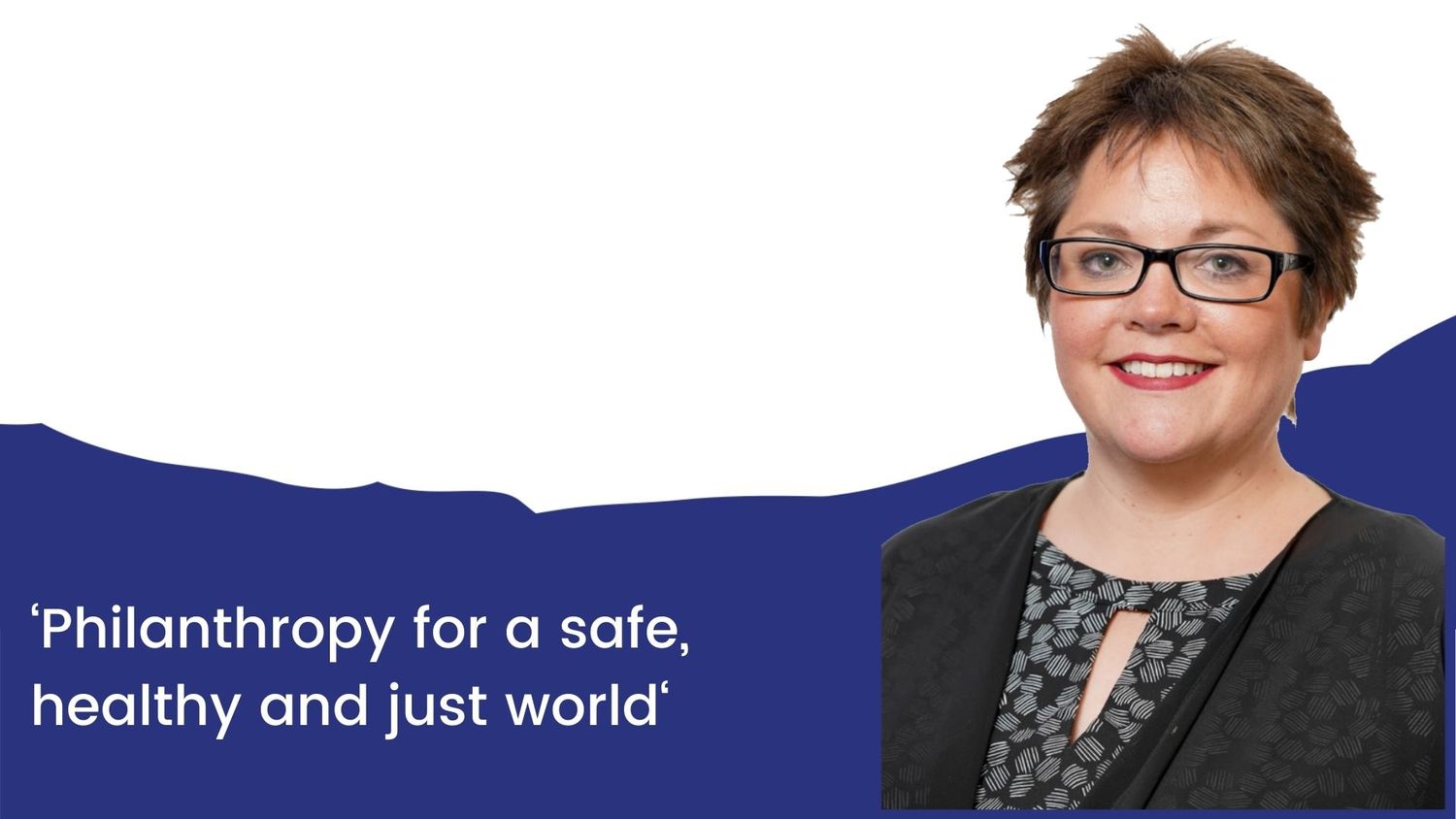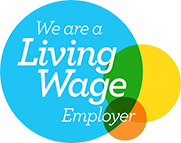

Foundation News
‘Philanthropy for a safe, healthy and just world‘
31 Jul 2020
Dawn Shackels, Director of Peace-building and Communities at the Community Foundation Northern Ireland.
(This article was originally published by Foundations for Peace)
The Foundations for Peace Network is delighted to contribute to the ‘Philanthropy for a safe, healthy and just world‘ survey carried out by Candid and CENTRIS and supported by PeaceNexus Foundation. With over 800 responses from a wide range of organisations – from civil society, community foundations, philanthropy organisations, corporate foundations, non-governmental organisations, consultants, and business – the findings offer a firm evidence base to advance the role and importance of philanthropy in peace.
The study and results come at a time of significant political and economic uncertainty, hardship, and instability, globally. We are all facing increasing pressures, challenges, and adversity as we go about our work. Peace agreements, where they exist, are fragile, and the role of philanthropy in peacebuilding has never been more important.
As we reflect on the findings, we are disappointed but perhaps not surprised that the results show that peacebuilding is a ‘minority interest’ and ranks low in comparison with other priorities. We would concur with the analysis that with only 1 in 10 survey respondents saying that they work on peacebuilding that they are perhaps not making the ‘intuitive leap’ that all the work they undertake is contributing to peacebuilding. In our view there can be no doubt that the thematic areas and building peaceful societies are interconnected and inform each other.
The question(s) therefore, for our network and others, must focus on how we bridge this gap. How do we help organisations make what we see as an intuitive link? How can we start to change the conversation and narrative to help people understand how their work is related to peacebuilding? What more can we do to help others be even more deliberate in their approach? Do we need to go back to basics and have a discussion about what we mean by the very term ‘peacebuilding’?
As we look internally, think critically, and reflect on our own organisations and respective work, we need to ask ourselves if we are guilty of creating a language and approach in this field that ‘scares people off’ and that is creating barriers that we are working so hard to break down in our peacebuilding efforts. In essence, are we guilty of being gatekeepers?
As a network we have already had an engaging conversation on the findings, prompting us to think about whether there is a need to redefine what working in a conflict zone means, how long you can say you are working in a ‘post-conflict’ context, and, most importantly, what role we can play in taking forward the findings.
Although there is much food for thought, the time for thinking has passed and action is needed. We have an evidence base from which to work more concretely, and we must coalesce to ensure that we begin to change the language and narrative to ensure we are not “talking” about this in 5 years’ time. First, however, we must start with ourselves; therefore, as you read through and digest the findings we would urge you to consider: what can I do? What can my organisation do? And what can we do to advance the role of philanthropy in peace?
To download and read the report, visit here. To read Alliance’s June 2019 issue on peacebuilding and philanthropy, click here.






